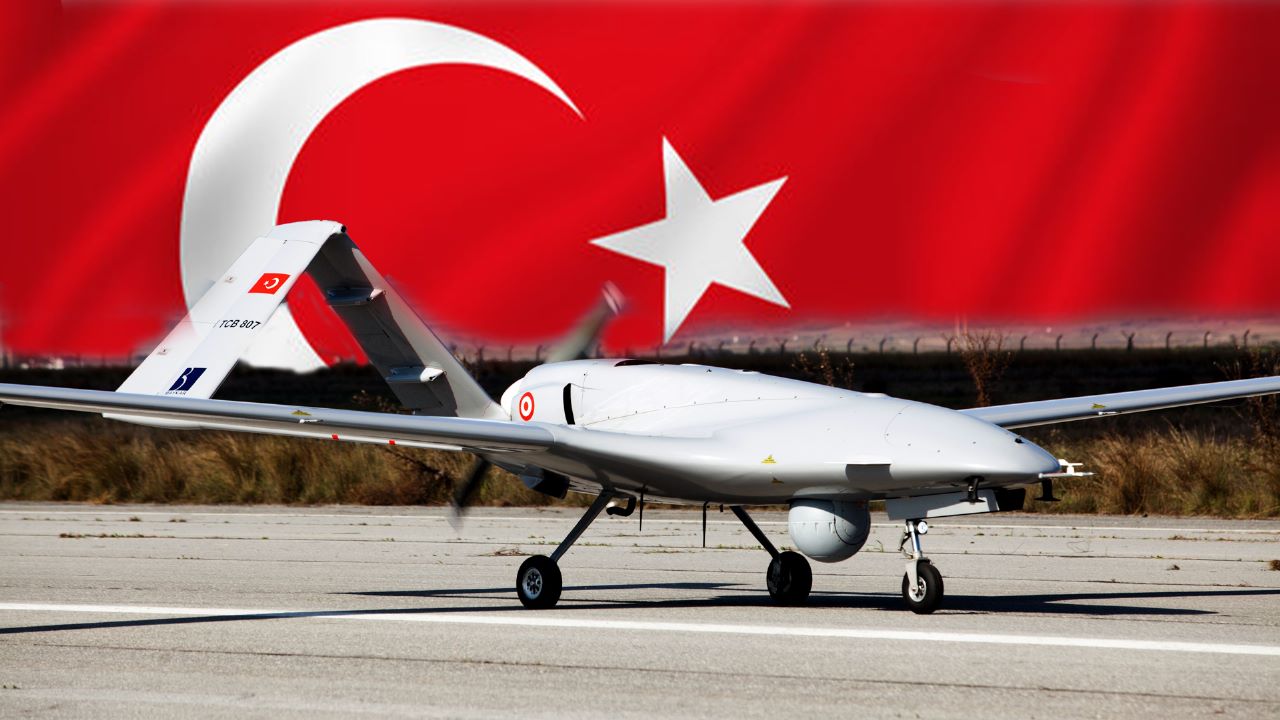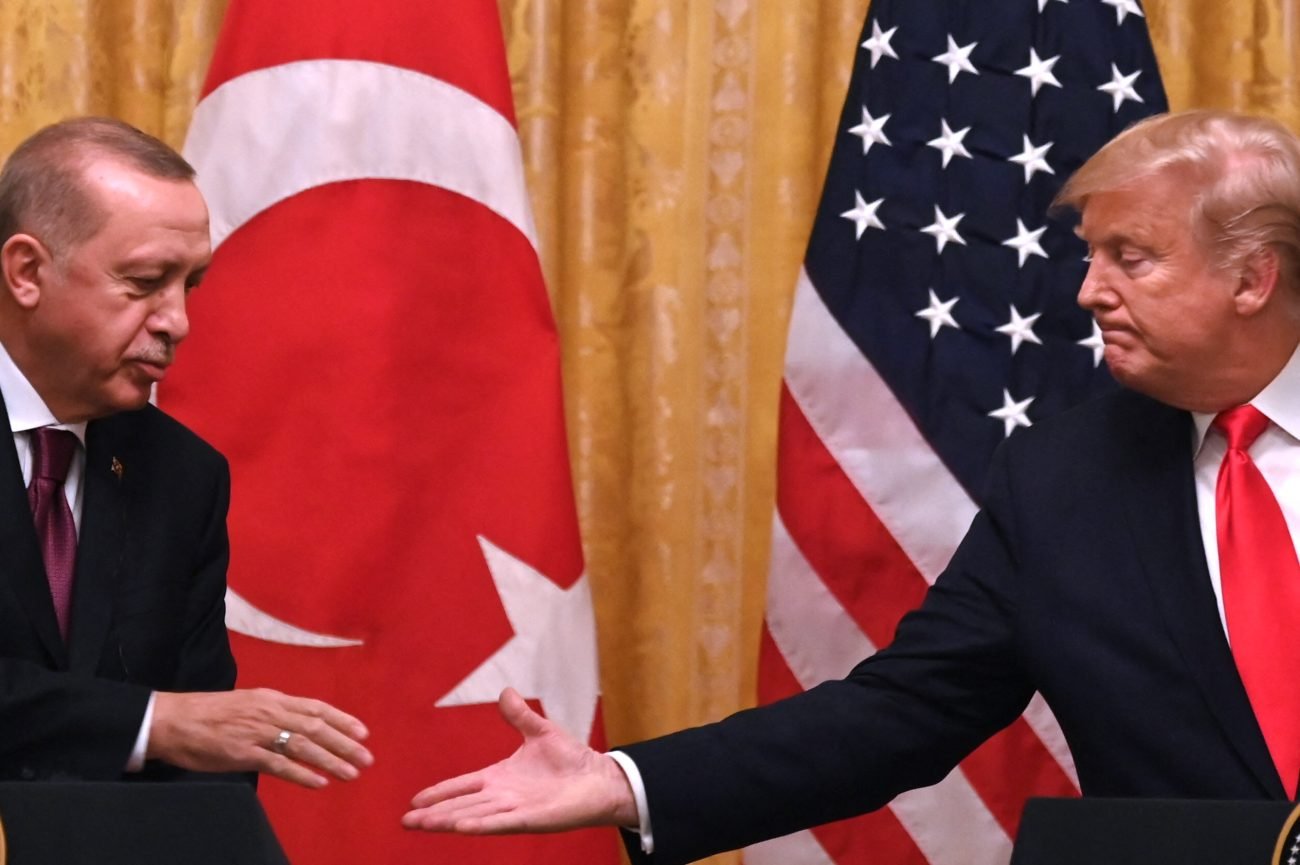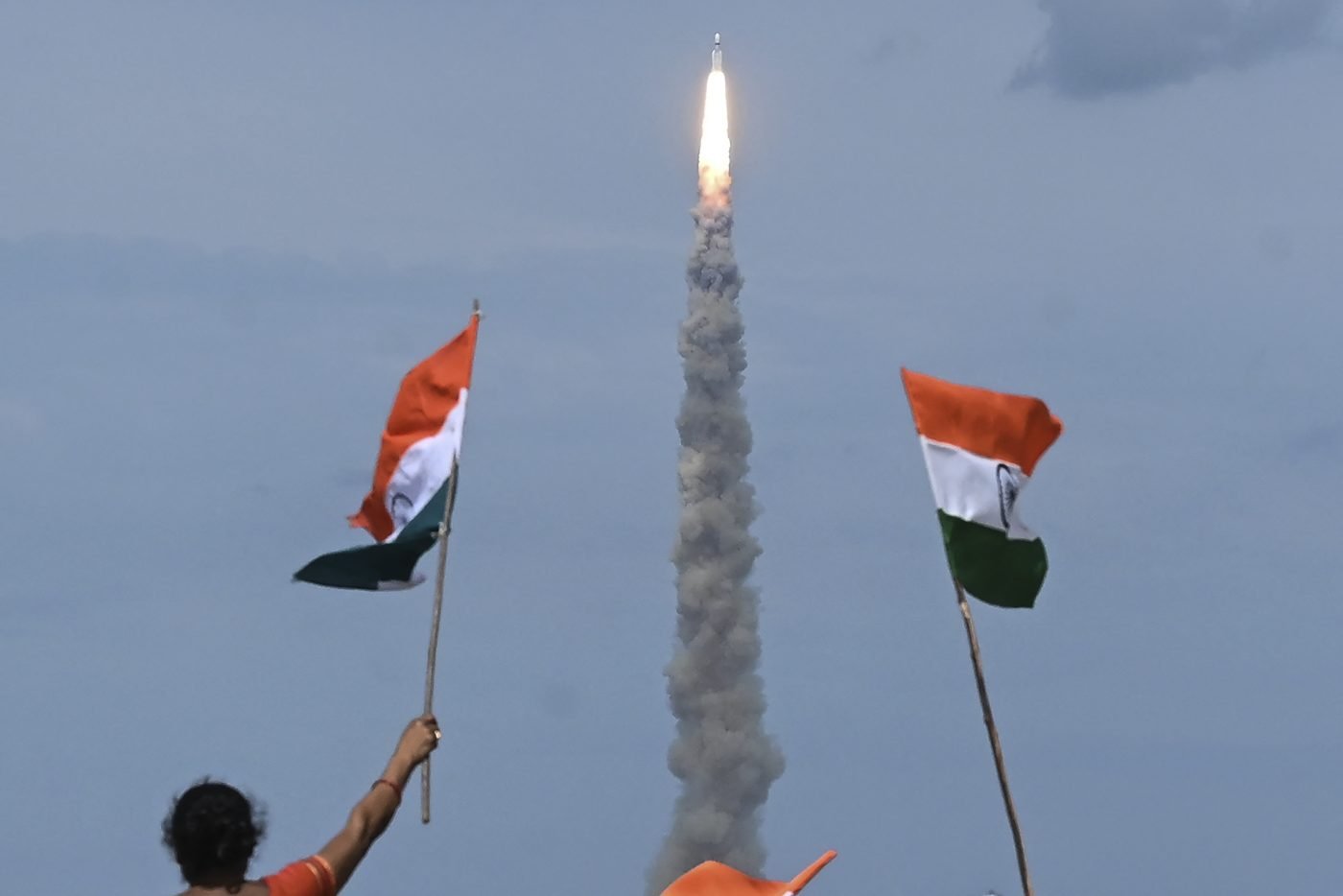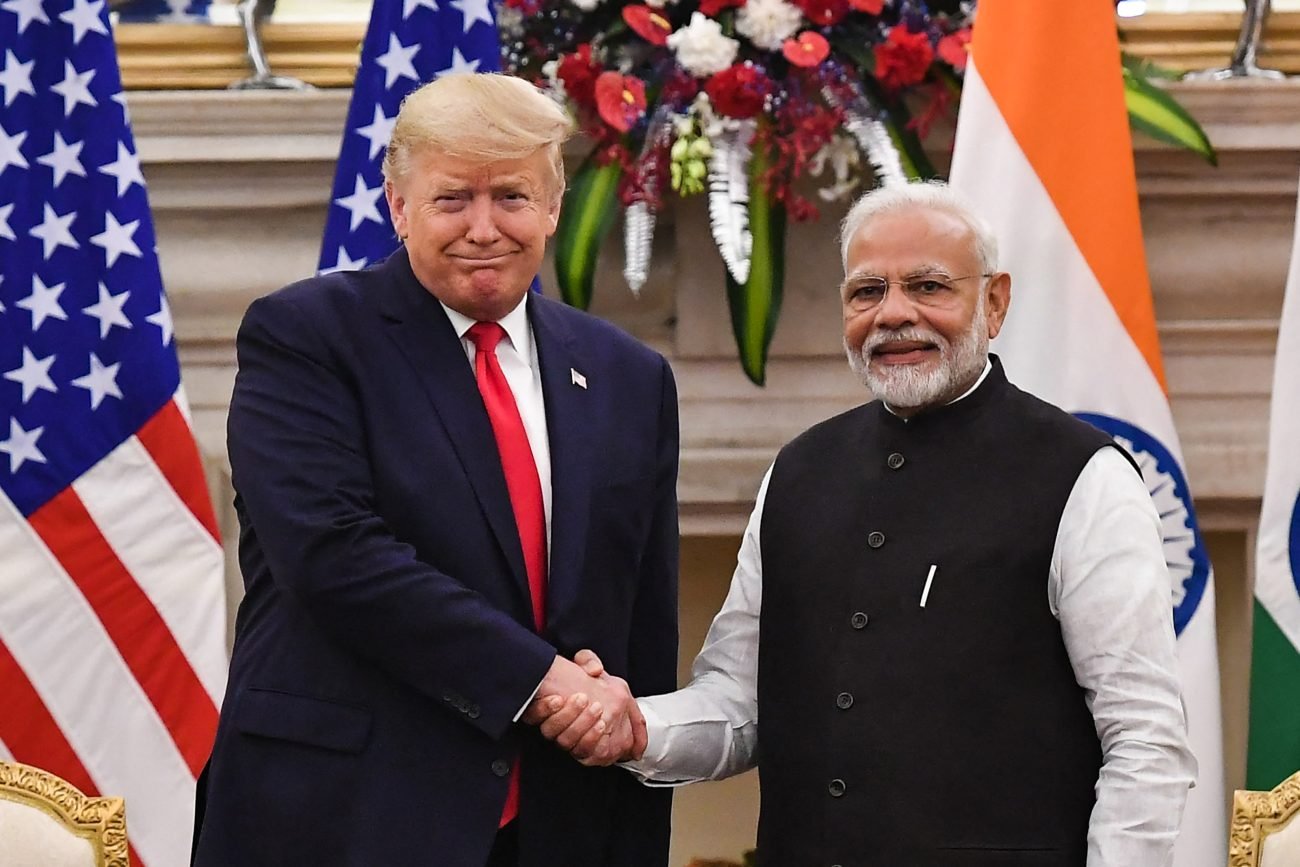By Asif Haseen and Monalisa Dash
The head of the Turkish Presidency of Defence Industries, Dr. Haluk Görgün, recently said that 2024 was a fruitful year for its booming arms industry. He informed that Ankara had a record export of defense equipment of more than US$7 billion to dozens of countries, which is 29% more than it exported in 2023, and projects to increase it to more than US$10 billion in the next 2 years.
Also, the SIPRI report 2024 highlighted Turkey’s burgeoning revenue from arms exports amidst the ongoing Russia-Ukraine conflict.
Additionally, the recent agreement between Turkey and Bangladesh to purchase Turkish weapons, which was signed in January of this year, demonstrates the defense industry’s spreading talons into the South Asian defense market, which has drawn international attention.
Trajectory Of Turkish Foreign And Defence Strategy
Historically, Turkey has been one of the crucial allies of the West due to its strategic geolocation and as a member and largest contributor of troops to NATO. This relationship also kept Ankara reliant on arms and defense technology imports from the West.
However, Ankara’s defense strategy transition from an importer to self-reliance in arms production came during the Cyprus Crisis of 1974, followed by souring ties with the West and a shocking arms embargo by its NATO-ally USA.
Furthermore, following the Cold War and the collapse of the Soviet Union, Turkey adopted an outward foreign policy strategy that called it to fortify its military and defense realm.
After assuming office in 2002, Recep Tayyip Erdogan’s Justice and Development Party (AKP) solidified Turkey’s political and economic landscape. His most notable foreign policy action was his assertive foreign policy, which assigned Ankara a “middle power” status and a larger role in its neighborhood and beyond.

To this end, under his leadership, Ankara has designed its foreign and security policy to achieve “strategic depth,” harvesting on its vital geography and an influential Ottoman Islamic past, increasingly requiring it to play a security provider role in a volatile West Asian region and beyond.
Turkey has the 8th largest military in the world, the second largest within NATO, and it is the 11th largest exporter in the world defense market. Turkey’s defense industry has received special attention from President Erdogan, who views the defense industry as a stabilizing factor for the crumbling economy.
His government has been actively extending support to Turkish defense firms. Data shows the thriving industry invites US$10–15 billion in new contracts and projects annually, generating US$26 billion in revenue, thus helping the Turkish economy.
Defence Technology And Capability: From Importer To Innovator
Driven by a quest for self-sufficiency and domestic production of strategic weaponry, Turkey, in recent years, has heavily invested in R&D and incentivized private players in its military-industrial complex.
Among others, it has amplified air power. Turkish unmanned aerial vehicles, popularly called drones such as Aksungur, Akinci, Anka, and TB-2, have received such international attention that since 2018, Türkiye has accounted for 65% of global UAV sales.
They have been deployed in several war zones, such as in the Libyan Civil War, against Kurdish operations in Syria, and in the Tigray region of Ethiopia, showing the advancement and reliability of Turkish arms.

In 2020 & 2023, Turkey’s defense industry gained prominence when Azerbaijan emerged victorious against Armenia in the Nagorno-Karabakh conflict, using the Turkish UAV Bayraktar TB-2 to counter Armenia, thereby demonstrating the efficiency and sophistication of Turkish defense technology.
In making Turkey a hub of defense manufacturing, the contributions of defense firms are admirable. In particular, the direct state support has encouraged them to invest in research and innovation.
Recently, Turkish Aerospace Industries unveiled its plans to double the manufacturing of 5th-generation fighter aircraft TF Kaan, which will make Turkey a member of the elite bloc with 5th-generation fighter aircraft along with the US, Russia, and China.
Additionally, the production of T129 ATAK helicopters, Altay main battle tank, and Otokar ARMA armored vehicles, which are specifically designed for modern warfare, has caught the attention of the global arms industry.
In recent times, Turkish defense firms have signed MoUs with several countries like Kazakhstan, Azerbaijan, the UAE, Malaysia, and Indonesia for joint production of Turkish arms, which will boost Turkey’s strategic positions in the global arms market.
Recently, Saudi Arabia, the biggest buyer of USA weapons, has shown interest in purchasing Turkey’s fifth-generation fighter jet, Kaan, showcasing the kingdom’s willingness to diversify its defense market.
Besides, Turkey’s defense products have captured a significant market share among Gulf nations, particularly the UAE and Qatar.
However, its biggest defense bonanza has come from the African market, with countries in the Horn of Africa and Sahel region opting to buy Turkish arms and munitions.
Turkey’s Military Clout In India’s Backyard
Turkey is supplying weapons to Bangladesh, Pakistan, and the Maldives. Given the fact that Turkey’s relations with India have soured over Ankara’s position over Jammu and Kashmir, Turkey’s attempts to arm India’s neighbors, who have strained relations with New Delhi, has caused concern in India, a major regional power and ‘net security provider’ in the region.
The recent agreements between Turkey and Bangladesh have raised security concerns for New Delhi.
Also, in 2024, the Maldives signed a defense agreement with Turkey, leading to the deployment of Turkish drones in its Exclusive Economic Zone. The growing shadow of Turkey in India’s backyard poses a security threat and challenges India’s status quo in the subcontinent.
The Future Ahead
Turkey’s defense industry has witnessed a remarkable transformation, placing the country as a significant competitor in the global arms market, owing to its weapons’ efficiency, affordability, and battlefield-proven technology.
However, its growth has been tempered by several challenges like reliance on foreign technology and components, Western sanctions, i.e., CAATSA, and a contracting domestic economy.
However, Turkey’s strategic push to become self-reliant shows its resilience and ambitions for foreign policy. Its rise demonstrates a strategic shift in the global defense market, where emerging powers like Turkey and India are shaping the geopolitical landscape.







